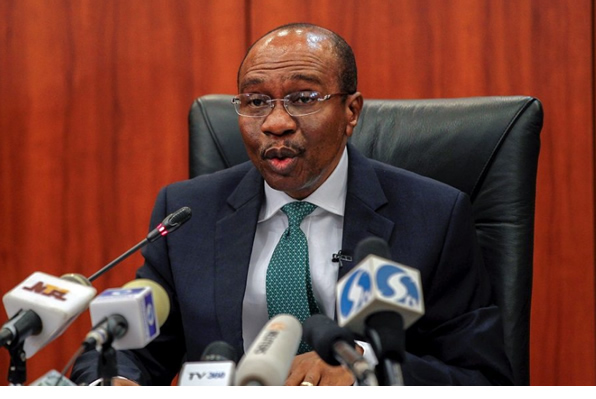After two months of negative rally, Nigeria’s foreign reserves rose by $1.85bn to reach $44.728bn.
The was contained in the recent data from the Central Bank of Nigeria (CBN).
Commenting on the fluctuations in the external reserves, CBN governor, Godwin Emefiele, asserted that because crude oil was a major source of the country’s foreign exchange, the nation’s economy became sensitive to fluctuations in the price of crude oil.
“Significant declines in the price of crude oil not only reduced Nigeria’s export earnings, but the nation was also subjected to higher inflation and lower growth, given our dependence on imported goods,” he said.
READ ALSO: Senate working on new law to protect house helps
He also cited the global drive towards reducing car emissions and supporting alternative sources of energy such as battery powered cars, as factors undermining the value of fuel in the global space.
Commenting on the efforts to conserve the country’s foreign exchange, Emefiele said, “We introduced a demand management approach in order to conserve our reserves. In this regard, we analysed our import bill, and encouraged manufacturers to consider local options in sourcing their raw materials, by restricting access to foreign exchange on 41 items, which we later increased to 43 items.”

